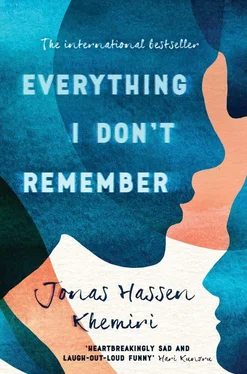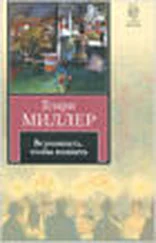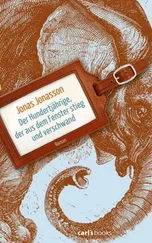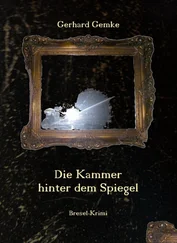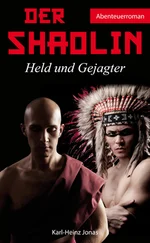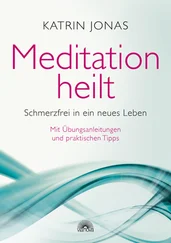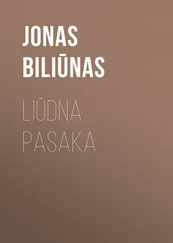*
We ate at the cafe on the main street. We sat in the sunshine, on the outdoor seating, it smelled like freshly mown grass. Samuel asked about my teenage years and I told him about my Kafé 44 days, my involvement with the syndicalists, my first boyfriend, who was ten years older than me and spent two years in prison after the Gothenburg riots but currently works as a guidance counselor in Sätra. I told him about the demonstrations we organized on May Day, the Reclaim the Streets years, the fights with skinheads in the nineties, the anti-Nazi demonstrations in Salem. I told him about the time several hundred of us gathered outside the Iranian embassy in support of the Green Movement and the police used pepper spray and some of us got bitten by dogs and others were injured by the sharp points of the fence and when they called for a doctor like fifty people raised their hands. I said that sometimes I miss that fervor, the feeling that it really was possible to bring about change. Samuel nodded and looked like he understood.
*
Hamza sounded happy to hear my voice.
“Did you finally crawl out of your pussy shell?” was his friendly greeting when I asked how things were.
“Since when does a pussy have a shell?” I asked.
“It’s a figure of speech,” Hamza said. “What do you want?”
“Got anything for me?”
“What do you mean, got anything?”
“You know. A round? A job?”
“Do you think the world stands still while you’re sleeping? Hell no. The world keeps turning. Money changes hands. People are replaced.”
“Nothing?”
“Nothing.”
“I need money.”
“Me too.”
“I’m serious. I have to get my hands on some cash. Fast.”
“You want a loan?”
I didn’t say anything. Hamza laughed and his tone changed.
“It’s no problem,” he said. “I’ll drop by. I’ll give you the friends and family interest rate. Do you still live in the same place?”
He hung up before I could say thanks.
*
The sun was going down, the cafe was about to close, we were still sitting in the outdoor seating. I told him about when we blockaded a police escort that was supposed to transport a family who had been threatened with deportation away from the detention unit in Märsta. We arrived around four in the morning, we had brought Thermoses and ridiculously fancy pastries because one of us had a second job at a posh cafe in Östermalm. Saffron croissants and truffle biscuits and piping hot, quickly cooling herbal tea. We held out in the winter cold for six hours. By the end we had no feeling in our toes, it hurt to breathe through our nostrils, we had ice crystals in our eyelashes. But we stood there and felt like we were making a difference. Every time a car approached we linked our arms tight together, we were a human chain that would never be broken. Then a police car approached us, the window rolled down, the police lady in the passenger seat told us that the family was already at Arlanda airport, they had taken them out the back way, the family was already on the plane, they were already up in the air, and she said it with a tiny smile that made us explode, fancy pastries rained down on their windshield and the police officers just looked at each other, shook their heads, and turned on the wipers. We made our way to the railway station in Märsta and after a while we found out that the passengers on the plane had revolted, they saw the family’s tears and the upset mom who begged for compassion and they refused to put on their seatbelts, the plane couldn’t take off, the family was removed from the plane and taken back to Märsta and that created a tiny gap: hope that we would be able to make a difference.
“Then what happened?” Samuel asked.
“They appealed.”
“And were they allowed to stay?”
“No. They were sent home.”
*
Hamza rang my doorbell and when I answered I noticed his foot sliding through the gap.
“Sorry,” he said, pulling his foot back. “Old habit.”
He had brought with him a mountain of a person who had to duck to walk through the door. When we said hello his voice was as high as a little boy’s.
“Is it okay if I use your bathroom?” he asked.
“Be my guest,” I said, pointing him in the right direction.
All the while I hoped that he wouldn’t sit on the toilet because he looked like a person who could break porcelain just by sitting on it.
“How is he?” I asked Hamza, who was wiggling an envelope out of his inner pocket.
“Okay. Not like you, of course. But perfectly fine. He’s learning. The only problem is he has a ridiculously tiny bladder. It’s hard to make the right impression on people when you come over to demand your money back and then you have to ask to use their bathroom.”
We smiled at each other. I asked if there was something I had to sign. We smiled even more. Both of us knew that there are some things you don’t write down. I gave him my word that I would pay it back. He gave me his word that the interest wouldn’t be any higher than usual. Then the giant with the baby voice returned from the bathroom and thanked me for letting him use it.
*
We were still sitting at the outdoor cafe. The sun had vanished. When I asked Samuel about his political engagement, he went quiet and gazed over at the tray cart.
“I mean, I don’t know. I’m not a conservative or anything, but. . I’ve always been skeptical of political movements.”
“What do you mean by that?”
“My dad always warned me about politics. I’ve sure seen how much his friends sacrificed for their struggles and how it always ended with disappointment and broken friendships and. . I don’t know. . I’ve only demonstrated once in my entire life.”
“Seriously?”
“Yes. Against the Iraq war. Two thousand three. But then the war started anyway and it all felt pointless.”
“But what about the Gaza bombings? When the Sweden Democrats won seats in parliament? REVA? Don’t any of those things make you react strongly enough to take your body and walk a few hundred meters?”
“No, but I don’t know why. . It’s like it’s. . Every time I think of joining a demonstration I see the signs and I wonder if I really agree one hundred percent. Then everyone starts shouting their slogans and I don’t know what to do.”
“But what do you do on May Day? If you don’t demonstrate?”
“Chill out. Hang with Vandad. Fill up the Experience Bank.”
He tried to smile his way out of the situation but I could tell he felt uncomfortable.
“Speaking of,” he said. “I’m going to Berlin soon. We’re planning to visit Panther.”
“Who’s we?”
“Me and Vandad.”
“Are you paying for it?”
“No, actually, I’m not. Not this time.”
We finished our food in silence.
*
A few weeks later we went to Berlin. It felt major, it was major, it was the first time we were traveling abroad together. When we met at Central Station, Samuel walked up to me with a smile as radiant as a nuclear power plant and a hug as big as a sumo wrestler.
“This is going to be so fucking fun!” he said, hugging me.
“Totally,” I said, giving him a friendly punch on the shoulder.
“Ow, dammit. Take it easy. We’re taking the bus, right? It’s cheaper.”
*
The next weekend, the Sweden Democrats were having a rally in Farsta. The whole gang was going down there to protest, except for Santiago, who was away on a work trip. But Ylva and Shahin and Tamara and her new girlfriend Charlie were there. Charlie who had a narrow mouth and taught special needs kids in Södertälje. We realized right away that she was used to demonstrations, when we met at the barricade she handed out various instruments she’d borrowed from her school, maracas and whistles, and she herself had a big drum hanging from her shoulders by polka-dotted suspenders. We walked onto the square and stood there in the sunshine. There must have been two hundred of us, although the local paper believed the police, as usual, and wrote that there were “around seventy” of us. The usual mix of people. The antifascist action kids, old hippies, multi-colored families, hand-holding queers.
Читать дальше
